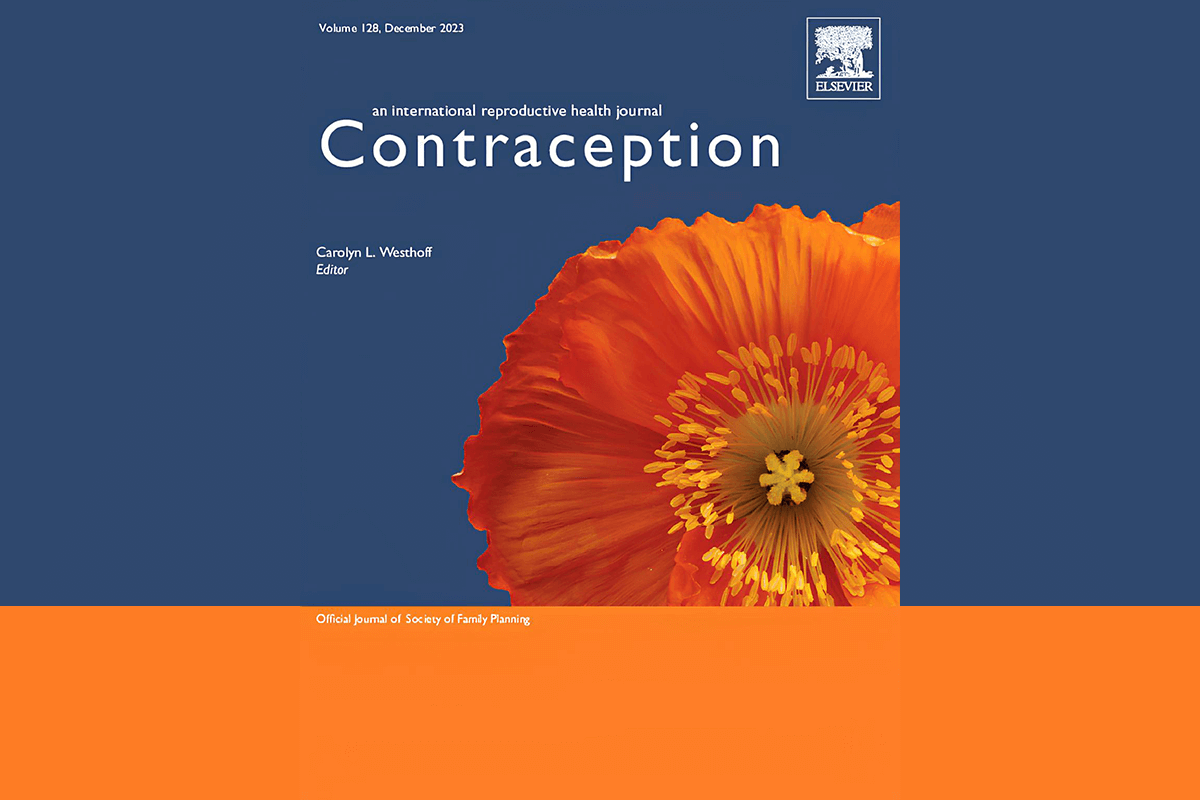
by DM Vachon, M Hildebrand, S Averbach, J Turk, J Steinauer, S Mody
Contraception Journal 2023;127, November
Abstract
Objectives: We aimed to understand the impact of the Dobbs v Jackson Women’s Health Organization decision [by the US Supreme Court in 2022] on obstetrician gynecologist (Ob-Gyn) residency abortion training programs from the perspective of Ryan Residency Directors, and to understand barriers and facilitators to maintaining abortion training in Ob-Gyn residency programs.
Methods: We conducted qualitative, semi-structured interviews with directors at US academic medical centers exploring the impact of the Dobbs decision on postgraduate Ob-Gyn training. We used Dedoose to code data and directed content analysis.
Results: From January to April 2023, we recruited 24 participants, representing 22% of active US Ryan program directors. Participants were evenly distributed from the regions across the US 50% of participants were from programs in abortion-restrictive settings. Five primary themes emerged: Following Dobbs (1) Most unrestrictive states experienced an increase in second-trimester abortion volume, increased complexity of patients, and an influx of out-of-state patients. (2) It has been difficult for institutions to recruit Ob-Gyn faculty in restrictive states. (3) Academic Ob-Gyn clinician educators who provide abortion care in all settings have been suffering from burnout due to increased clinical and training demands without compensation for additional workload. (4) Programs located in restrictive settings are having difficulty satisfying Accreditation Council for Graduate Medical Education (ACGME) requirements without an out-of-state partnership. (5) Directors need financial support to sustain away rotations and support staff, and administrative time for additional workload.
Conclusions: Increased state restrictions on abortion place logistical and financial burdens on Ob-Gyn training programs. Dobbs has caused greater differences in training experiences and has made it more difficult for Ob-Gyns in training to satisfy core residency competencies.



